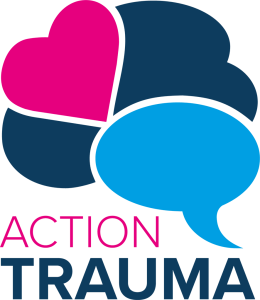
Speaker Profile
Marlee
Liss
Somatic Educator, Restorative Justice Advocate & Speaker

Marlee is an award-winning speaker, restorative justice advocate, author, somatic coach and lesbian Jewish feminist. She made history in the justice system when her sexual assault case became the 1st in North America to conclude with restorative justice through the courts. Since then, she has supported thousands of women and non-binary folk in healing shame and transforming trauma. Marlee’s work has been featured in Forbes, Huff Post, Buzzfeed, the Mel Robbins Show and more (you can find press features here).



